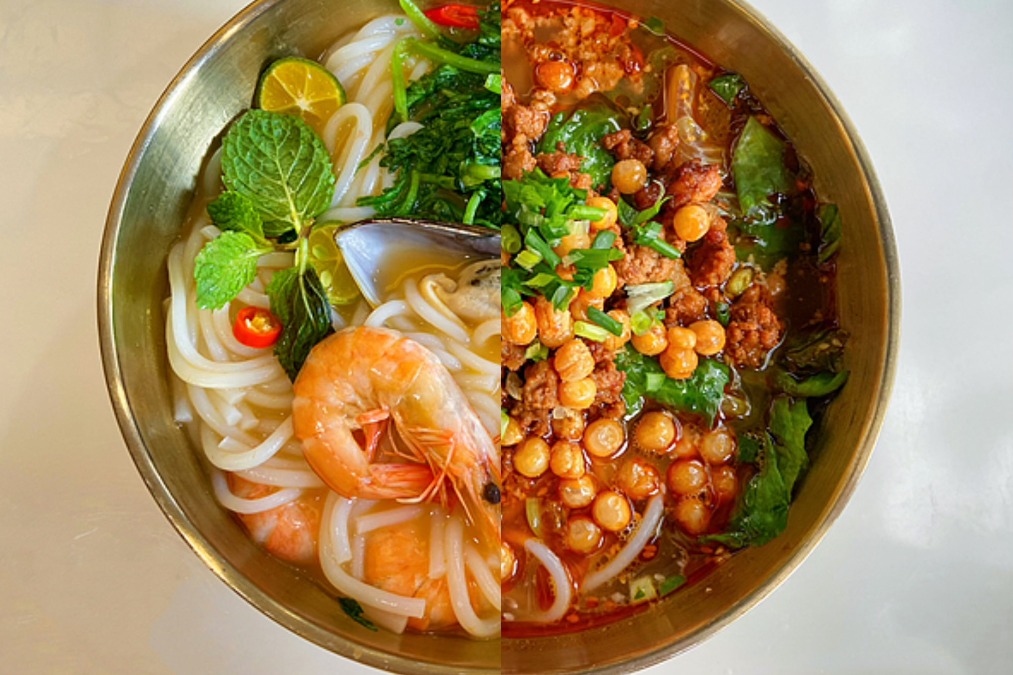China accelerates training in organ donation

Spanish Lessons
Liu joined a special online course in February with another 21 Chinese doctors.
They were questioned by organ donation specialists from Spain, Italy and France, who offered expertise and experience in clinical approaches, management and dissemination strategies in organ donation, in accordance with European guidelines.
The three-month on-line course was conducted through a discussion group on a social network app that enabled students to read lecture notes on their smart phones. Surgical operations were presented in pictures and videos; and online translation tool helped communication in English.
The doctors then went to the University of Barcelona in May for a week-long course.
They will soon teach what they have learned to 140 postgraduates over two years in seven universities.
Marti Manyalich, president of Spain's Donation and Transplantation Institute, said at the launch that training is not just about sharing knowledge, but about transferring the course to China, adapted to local needs.
"Seven universities are not enough. We must train more Chinese professionals in the next decades," said Marti.
Spain has the highest organ donation rate in the world. In 2016, it had 43.4 donations per million people, while China had 2.98, although that was up from 0.03 in 2010.
One reason behind Spain's success is pioneering professionalization. Back in the 1980s and 1990s, the University of Barcelona began to offer graduate courses in organ donation, which were recognized and followed by other European countries.
Since then, Spain has taken the lead in establishing international training and exchanges, training more than 10,000 professionals around the world.
China joined the project in 2013. Wang Lu, an organ donation coordinator in Beijing Youan Hospital, is one of the "seed doctors". She was impressed by the extensive open discussions, scenario teaching and the Socratic questioning method, which are rare in Chinese training.
Liu learned that keeping silent during family approaches is better than talking sometimes.
Humility wins trust, says Zhang Lize, a neurologist who took part in the training. "This also applies to other aspects of the work."




































